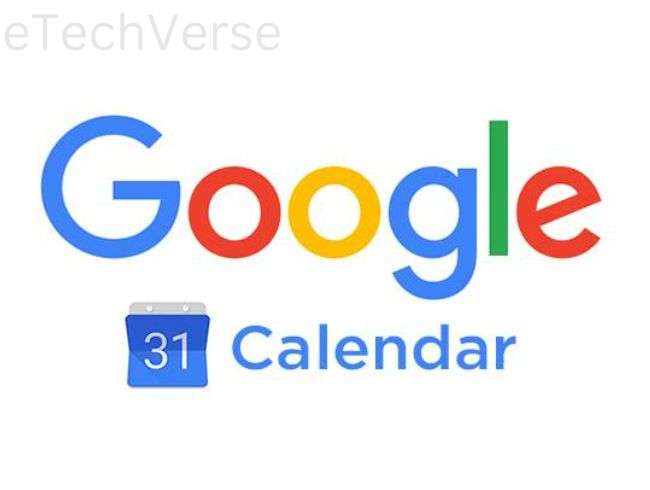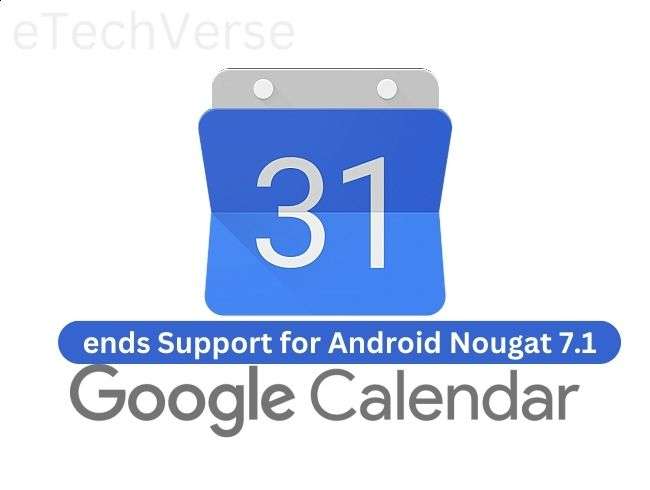In a bold move, Google Calendar is bidding farewell to devices running on Android Nougat 7.1 and below. This shift in support brings both challenges and opportunities for users navigating the digital landscape. Let’s delve into the details and understand the implications of this noteworthy change.
The Evolution of Google Calendar
Google Calendar stands as a stalwart companion for millions, aiding in the orchestration of daily activities. It seamlessly enables users to craft events, orchestrate meetings, and set timely reminders. Yet, for those clinging to older Android devices anchored in the realm of Nougat 7.1 or below, a transition awaits.
Unveiling the Change
The discovery of this impending shift was spearheaded by AssembleDebug from TheSpAndroid. A keen eye spotted a distinctive flag, “UnsupportedOperatingSystem__enabled,” embedded within the latest version of the Google Calendar app (v 2023.46.0-581792699-release). This flag serves as a messenger, alerting users on unsupported operating systems that change is on the horizon.
The Call for Upgrade
Contained within this flag is a message urging users to elevate their devices to Android Oreo (8.0) or beyond for continued access to Google Calendar. The motive behind this change is rooted in security concerns. Older Android versions become vulnerable targets for potential hacks and data breaches. Google, in its commitment to user safety, is steering users toward more secure, advanced operating systems.
Navigating the Seas of Security
The decision to drop support for aging Android versions aligns with Google’s overarching strategy to fortify its ecosystem. Newer Android iterations not only shield users from security threats but also usher in a plethora of features and enhancements absent in their predecessors.
Chrome’s Prelude
This strategic move within Google Calendar resonates with a broader shift seen in the tech giant’s ecosystem. The parallel announcement about Chrome serves as a precursor, unveiling a synchronized strategy across both desktop and Android platforms. With Chrome version 119 signaling the conclusion for devices on Nougat and earlier, the subsequent release of Chrome version 120 signifies a decisive step forward. This coordinated transition emphasizes Google’s commitment to advancing its technologies, urging users to align their devices with the ever-evolving digital landscape. As the echoes of this strategic maneuver reverberate, users are encouraged to stay attuned to upcoming updates, ensuring a seamless integration of the latest technological advancements.
The Unspoken Future

The evolving landscape of technology signals a broader transformation, and while Google Calendar takes center stage now, it foretells a narrative that extends beyond. Android Nougat 7.1, having emerged in 2016, has gracefully matured into a seven-year-old operating system. Despite the absence of an official proclamation from Google regarding the cessation of Google Calendar support on Android Nougat, the subtle cues embedded in the discovered flags indicate an inevitable shift. In light of this, users with legacy devices are urged to take a proactive stance, charting a course towards contemporary Android versions to ensure a seamless and future-ready digital experience. As the digital horizon unfolds, this proactive transition becomes not just a necessity but a strategic maneuver to stay abreast of the dynamic technological currents.
Embrace the Shift
Google Calendar’s decision to bid adieu to older Android versions is a strategic step toward a more secure and feature-rich digital environment. The call for users to upgrade serves as a testament to Google’s commitment to user safety and experience. As technology advances, embracing change becomes imperative. So, if you find yourself on an aging Android ship, consider this your navigation beacon towards the shores of progress. Update your device, embrace the evolution, and continue orchestrating your life seamlessly with Google Calendar’s latest offerings.
In navigating this digital evolution, users are not merely adapting to change but are actively participating in the unfolding narrative of technological progress. This transition marks a pivotal moment, urging us all to embrace the shift and sail confidently into the future of digital innovation.
Also Check out : Big Changes in AI: Sam Altman Joins Microsoft, OpenAI Faces Problems
